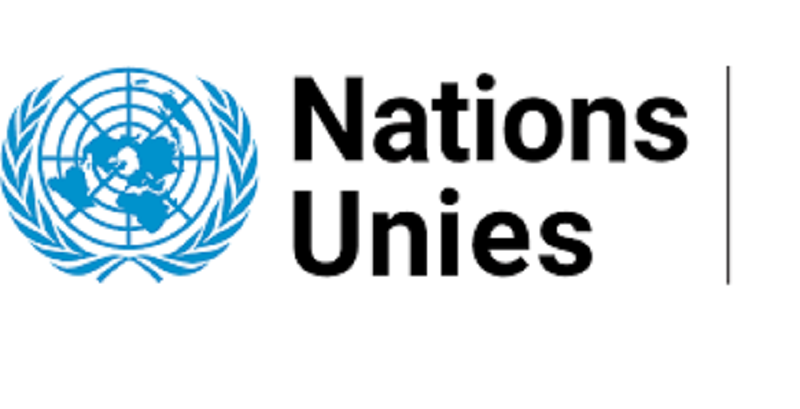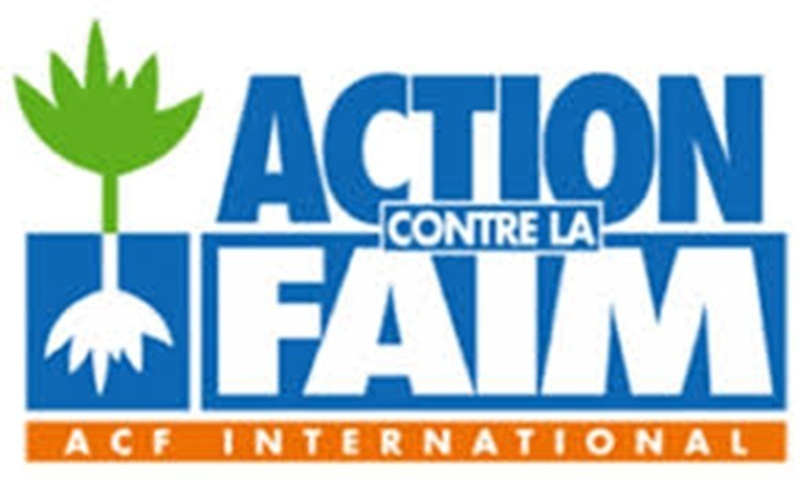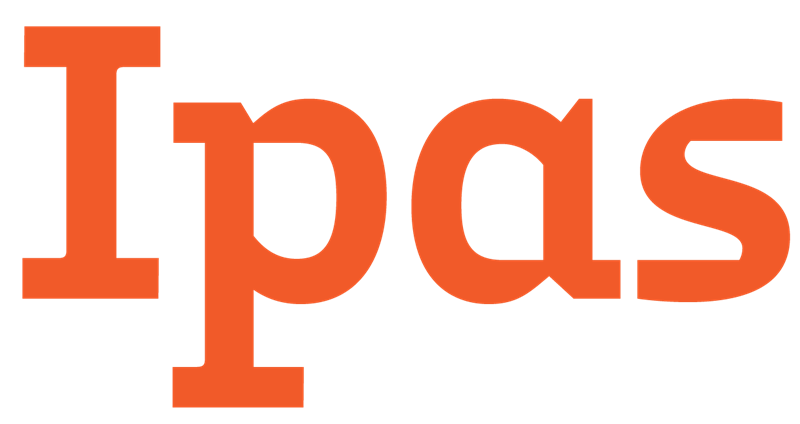Cadre organisationnel
This position is located in the Regional Office for West and Central Africa (ROSEN) of the United Nations Office on Drugs and Crime (UNODC) in Dakar, Senegal. The incumbent will report to the Representative, ROSEN and to the Chief, Implementation Support Section (ISS), Corruption and Economic Crime Branch (CEB), Division for Treaty Affairs (DTA) at UNODC headquarters in Vienna, who will act as second reporting officer. Within the duration of the assignment, the incumbent might be posted for shorter periods in countries and in national anti-corruption agencies of the region.
For more information on UNODC, please visit our website www.unodc.org
Responsabilités
The Global Programme against Corruption is a technical assistance programme being offered by UNODC to provide capacity-building assistance to Member States to effectively implement the United Nations Convention against Corruption (UNCAC). Within assigned authority and under substantive and policy guidance of ISS/CEB/DTA, UNODC headquarters Vienna, the Adviser (Anti-Corruption) is primarily responsible for the implementation of anti-corruption technical assistance activities (including policy advice, technical expertise and practical day-to-day support to anti-corruption bodies). The incumbent will be responsible for the following specific duties:
• Provide expert advice and input to the development and implementation of a technical assistance programme in anti-corruption at the regional and/or national levels in West and Central Africa in accordance with the UNODC’s overall strategy and as an integral element of the UNODC Regional Programmes.
• Contribute to resource mobilization for the anti-corruption programme by establishing and maintaining close liaison with donor countries and other partners in coordination with DTA/CEB, the Regional Office for West and Central Africa and other relevant field offices.
• Provide expert advice and assistance, where necessary and required, in enhancing and upgrading the relevant legislation and other legal instruments in conformity with UNCAC. Support the establishment and/or strengthening and capacity-building of national anti-corruption agency including development of their mandates, structures and operational practices. Provide advisory services and technical expertise to specialized anti-corruption bodies and units on preventing, detecting, investigating and prosecuting cases of corruption and related offences.
• Support States parties that are under review in the implementation review mechanism of UNCAC, and provide technical assistance based on needs identified in the context of the review mechanism.
• Foster contacts and, where appropriate, co-operation and partnerships with bodies and institutions at national, regional and international levels tasked with the prevention of and fight against corruption. Work with government counterparts to strengthen capacity to deal with proceeds of crime, mutual legal assistance and asset recovery, in particular with relevant government agencies, but also with the legislative assemblies and the private sector, as appropriate.
• Provide advice and input to the design, upgrading and development of national anti-corruption strategies and anti-corruption campaigns in collaboration with civil society, media, the business sector, non-governmental organizations (NGOs) and community-based organizations (CBOs). Develop targeted anti-corruption training programmes based on needs analysis, especially for key officials active in the areas of prevention, criminalization, enforcement and asset recovery.
• Coordinate closely all activities carried out under the Programme with other UNODC anti-corruption advisers and the regional governance advisers of UNDP, and where opportune implement such activities jointly. Liaise and share information regularly with other partners on programme activities. Prepare regular progress reports on the development of his/her work, as may be requested by UNODC, the national counterpart(s) and the funding partner(s).
• Perform other work-related duties as required.
Compétences
Professionalism: Has knowledge and understanding of theories, concepts and approaches relevant to the particular sector and functional area with a focus on corruption and economic crime issues. Has sound knowledge of legislative aspects of preventing and combating corruption, including their international dimensions. Has ability to identify issues, analyze and contribute to the resolution of problems/issues. Has conceptual analytical and evaluative skills to conduct independent research and analysis. Has knowledge of the mandates of the United Nations Office on Drugs and Crime, as well as of the work of the United Nations in crime prevention and criminal justice, in particular substantive knowledge of the United Nations Convention against Corruption. Has ability to apply good judgement in the context of assignments given and ability to provide effective specialized advice. Shows pride in work and in achievements; demonstrates professional competence and mastery of subject matter; is conscientious and efficient in meeting commitments, observing deadlines and achieving results; is motivated by professional rather than personal concerns; shows persistence when faced with difficult problems or challenges; remains calm in stressful situations. Takes responsibility for incorporating gender perspectives and ensuring the equal participation of women and men in all areas of work.
Planning & Organizing: Develops clear goals that are consistent with agreed strategies; identifies priority activities and assignments; adjusts priorities as required; allocates appropriate amount of time and resources for completing work; foresees risks and allows for contingencies when planning; monitors and adjusts plans and actions as necessary; uses time efficiently.
Client Orientation: Considers all those to whom services are provided to be “clients” and seeks to see things from clients’ point of view; establishes and maintains productive partnerships with clients by gaining their trust and respect; identifies clients’ needs and matches them to appropriate solutions; monitors ongoing developments inside and outside the clients’ environment to keep informed and anticipate problems; keeps clients informed of progress or setbacks in projects; meets timeline for delivery of products or services to client.
Formation
An advanced university degree (Master’s degree or equivalent) in law, criminal justice, international relations, political and social sciences or a related discipline is required. A first-level university degree in similar fields in combination with two additional years of qualifying experience may be accepted in lieu of the advanced university degree.
Expérience professionnelle
Au moins sept années d’expérience professionnelle de la lutte contre la corruption dans des organes nationaux compétents ou de la fourniture de services techniques consultatifs à de tels organes, ou de la conduite d’enquêtes et de poursuites concernant des affaires de corruption au sein d’un organisme de lutte contre la corruption, de services de détection et de répression, de services de poursuites ou de services judiciaires, ou de l’apport de conseils techniques sur la lutte contre la corruption, sont exigées.
Une expérience acquise dans le système des Nations Unies, dans une organisation internationale analogue ou dans une organisation non gouvernementale est souhaitable.
Une expérience de la législation et des dossiers concernant l’entraide judiciaire, le traitement du produit du crime et/ou le recouvrement d’avoirs est souhaitable.
Une expérience de la conception de politiques, de stratégies et de campagnes publiques nationales de lutte contre la corruption est souhaitable.
Connaissances linguistiques
English and French are the working languages of the United Nations Secretariat. For the position advertised, fluency in English and French is required. Knowledge of another official United Nations language is desirable.
Méthode d’évaluation
Evaluation of qualified candidates may include an assessment exercise and a competency-based interview.
Notice spéciale
This is a project post. Filling of this position is subject to funding availability and the initial appointment will be for a period of one year. Extension of the appointment is subject to extension of the mandate and/or the availability of funds.
Staff members are subject to the authority of the Secretary-General and to assignment by him or her. In this context, all staff are expected to move periodically to new functions in their careers in accordance with established rules and procedures.
At the United Nations, the paramount consideration in the recruitment and employment of staff is the necessity of securing the highest standards of efficiency, competence and integrity, with due regard to geographic diversity. All employment decisions are made on the basis of
qualifications and organizational needs. The United Nations is committed to creating a diverse and inclusive environment of mutual respect. The United Nations recruits and employs staff regardless of gender identity, sexual orientation, race, religious, cultural and ethnic
backgrounds or disabilities. Reasonable accommodation for applicants with disabilities may be provided to support participation in the recruitment process when requested and indicated in the application.
The United Nations Secretariat is committed to achieving 50/50 gender balance and geographical diversity in its staff. Female candidates are strongly encouraged to apply for this position.
Dakar is classified in the A category (family duty station).
Charte des Nations Unies
Aux termes du paragraphe 3 de l’Article 101 de la Charte des Nations Unies, la considération dominante dans le recrutement du personnel doit être la nécessité d’assurer à l’Organisation les services de personnes possédant les plus hautes qualités de travail, de compétence et d’intégrité. Ne seront pas retenues les candidatures des personnes qui ont commis des violations du droit international des droits de l’homme, des violations du droit international humanitaire, des actes d’exploitation, d’atteintes ou de harcèlement sexuels, ou au sujet desquelles il existe des raisons plausibles de croire qu’elles ont été impliquées dans la commission de tels actes. L’expression « exploitation sexuelle » désigne le fait d’abuser ou de tenter d’abuser d’un état de vulnérabilité, d’un rapport de force inégal ou de rapports de confiance à des fins sexuelles, y compris mais non exclusivement en vue d’en tirer un avantage pécuniaire, social ou politique. On entend par « atteinte sexuelle » toute atteinte physique de nature sexuelle commise par la force, sous la contrainte ou à la faveur d’un rapport inégal, ou la menace d’une telle atteinte. Le harcèlement sexuel s’entend de tout comportement déplacé à connotation sexuelle raisonnablement propre ou de nature à choquer ou humilier, lorsqu’il entrave la bonne marche du service, est présenté comme une condition d’emploi ou crée au lieu de travail un climat d’intimidation, d’hostilité ou de vexation, et lorsque ce comportement est assez grave pour justifier le licenciement de son auteur. La candidature de personnes qui ont commis des infractions autres que des infractions mineures au code de la route ne sera pas retenue.
Sera dûment prise en considération l’importance d’un recrutement effectué sur une base géographique aussi large que possible. Aucune restriction ne sera imposée par l’Organisation à l’accès des hommes et des femmes, dans des conditions égales, à toutes les fonctions, dans ses organes principaux et subsidiaires. Le Secrétariat de l’Organisation des Nations Unies est un espace non-fumeurs.
La considération dominante dans l’engagement, la mutation ou la promotion du personnel est la nécessité de s’assurer les services de personnes possédant les plus hautes qualités de travail, de compétence et d’intégrité. En acceptant une offre d’engagement, les membres du personnel sont soumis(es) à l’autorité du Secrétaire général, qui peut leur assigner l’une quelconque des tâches ou l’un quelconque des postes de l’Organisation des Nations Unies, conformément à l’alinéa c) de l’article 1.2 du Statut du personnel. Dans ce contexte, tous les membres du personnel recrutés sur le plan international sont tenus de changer de fonctions périodiquement à l’intérieur d’un même lieu d’affectation ou dans un autre lieu d’affectation, dans les conditions fixées par le Secrétaire général.
Les candidats sont invités à respecter scrupuleusement toutes les instructions disponibles sur la plateforme de recrutement en ligne Inspira. Pour des informations plus détaillées, ils ou elles peuvent consulter le manuel d’instructions pour le candidat, en cliquant sur le lien hypertexte « Manuels » sur le côté supérieur droit de la page d’accueil de leur compte Inspira.
Les candidatures feront l’objet d’une évaluation et d’un examen préalables sur la base des informations soumises conformément aux critères d’évaluation de l’avis de vacance de poste et aux dispositions législatives internes applicables de l’Organisation des Nations Unies, notamment la Charte des Nations Unies, les résolutions de l’Assemblée générale, le Statut et le Règlement du personnel, les textes administratives et les directives. Les candidats doivent fournir des informations exhaustives et précises conformément aux instructions fournies sur la plateforme Inspira. Une fois la candidature envoyée, aucune modification, suppression ou révision, ni aucun ajout ou changement ne pourra être fait. Il sera procédé à une vérification des références des candidats faisant l’objet d’une attention particulière pour s’assurer de l’exactitude des renseignements qu’ils ont fournis dans leur candidature.
Les avis de vacance de postes publiés sur le Portail des carrières sont retirés à 11:59 p.m. (heure de New York), le jour de la date limite de dépôt des candidatures.
Aucun frais de dossier
L’ONU NE PERÇOIT DE FRAIS À AUCUN STADE DU RECRUTEMENT (DÉPÔT OU TRAITEMENT DE LA CANDIDATURE, ENTRETIEN, FORMATION, ETC.), ET ELLE NE DEMANDE AUCUNE INFORMATION BANCAIRE.





